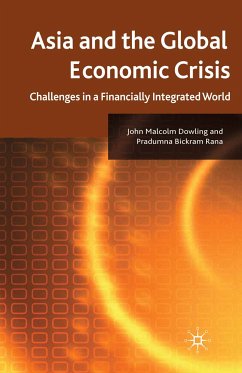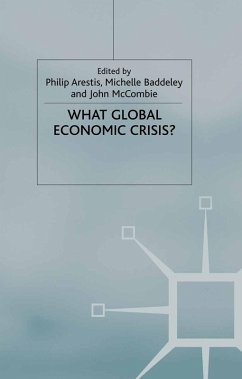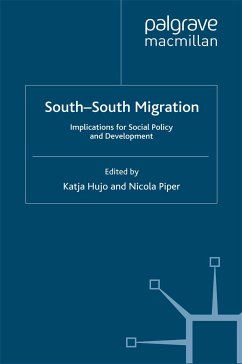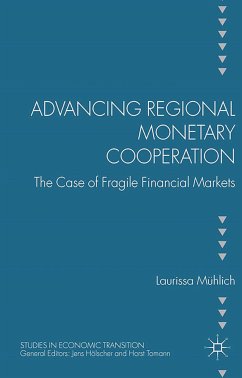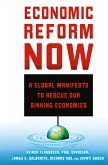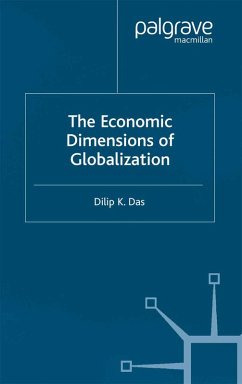Dieser Download kann aus rechtlichen Gründen nur mit Rechnungsadresse in A, B, BG, CY, CZ, D, DK, EW, E, FIN, F, GR, HR, H, IRL, I, LT, L, LR, M, NL, PL, P, R, S, SLO, SK ausgeliefert werden.
'There has been a proliferation of books on the anatomy of the global economic crisis (GEC) and, to a lesser extent, on the impact of the crisis on Asia. In contrast, much less has been written on the challenges that Asia faces moving ahead in a financially integrated world. With the faster than expected recovery of Asia from the GEC, a forward looking analysis has become necessary. This book by Dowling and Rana, who have many years of experience working for the Asian Development Bank, very ably fills this gap. The book will be of value to a wide spectrum of readers academics, policy makers, students of economics, and the general reader.' - Professor Lim Chong Yah, Albert Winsemius Chair Professor of Economics, Director of Economic Growth Center, Nanyang Technological University, Singapore
'An important lesson from the Asian Financial Crisis was that in order to manage financial globalization, policy actions were required at the national, regional, and global levels. But the V-shaped recovery resulted in complacency and reform measures were quickly forgotten. This partially set the backdrop for thepresent global economic crisis. This book authored by two experts on Asia, in addition to providing an analysis of the crisis and its impact on Asia, takes stock of the policy actions implemented by countries to manage financial globalization and identifies the remaining agenda. Policy makers and students alike should benefit enormously from the careful analysis that the authors have offered in this timely book.' - Barry Desker, Dean, S. Rajaratnam School of International Studies, Nanyang Technological University, Singapore.

